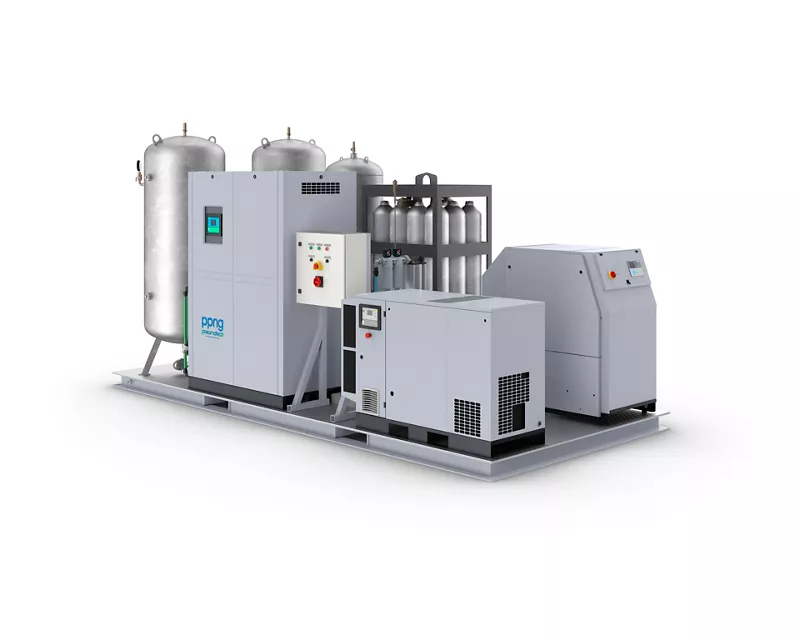Innovative gas solutions are playing a pivotal role in driving efficiency and sustainability across various industries, transforming how businesses operate and interact with the environment. These solutions encompass a wide range of technological advancements that not only enhance operational efficiency but also contribute to the reduction of carbon footprints and the optimization of resource usage. In industries such as manufacturing, energy, healthcare, and agriculture, the application of these solutions is revolutionizing processes and leading to a more sustainable future. One of the most significant innovations in the gas sector is the development of alternative gases and energy sources that reduce reliance on traditional fossil fuels. For example, hydrogen, often referred to as a clean fuel, is being increasingly used in sectors like transportation and energy production, offering a sustainable alternative to gasoline and coal. Its ability to produce only water vapor when burned makes it an environmentally friendly choice, helping to cut down on harmful emissions that contribute to climate change.

Moreover, get redirected here innovations in gas management technologies are enhancing the way industries utilize gases, ensuring optimal use and reducing waste. Advanced sensors, for instance, allow for real-time monitoring and control of gas flows, pressure, and temperature, leading to more precise operations. This helps businesses optimize energy consumption, lower operational costs, and enhance safety by detecting potential hazards before they escalate into serious issues. Another area where innovative gas solutions are making a significant impact is in the healthcare industry. Medical gases, including oxygen, nitrous oxide, and anesthetic gases, are essential for patient care. The development of more efficient delivery systems, such as portable and compact cylinders and advanced storage technologies, is improving accessibility and reducing the environmental impact of gas production and transportation. These improvements not only enhance patient care but also contribute to the sustainability goals of healthcare providers by minimizing waste and energy consumption. The agricultural sector is also benefiting from gas innovations that are helping farmers improve crop yields while reducing the environmental impact of farming practices.
For example, the use of controlled atmosphere storage systems, which rely on gases like nitrogen and carbon dioxide, helps extend the shelf life of produce, reducing food waste. Additionally, technologies like precision irrigation systems use gases in combination with other elements to optimize water usage; ensuring crops receive the right amount of water while conserving this precious resource. In the energy industry, gas solutions have been integral in improving energy efficiency and transitioning to more sustainable sources. The integration of natural gas into power generation has helped to reduce the carbon intensity of electricity production, providing a cleaner alternative to coal and oil. Furthermore, innovations in carbon capture and storage CCS technologies are enabling industries to capture and store CO2 emissions, reducing their environmental impact and contributing to global efforts to combat climate change. As industries continue to embrace these innovative gas solutions, they are not only enhancing their operational performance but also aligning with global sustainability goals.
